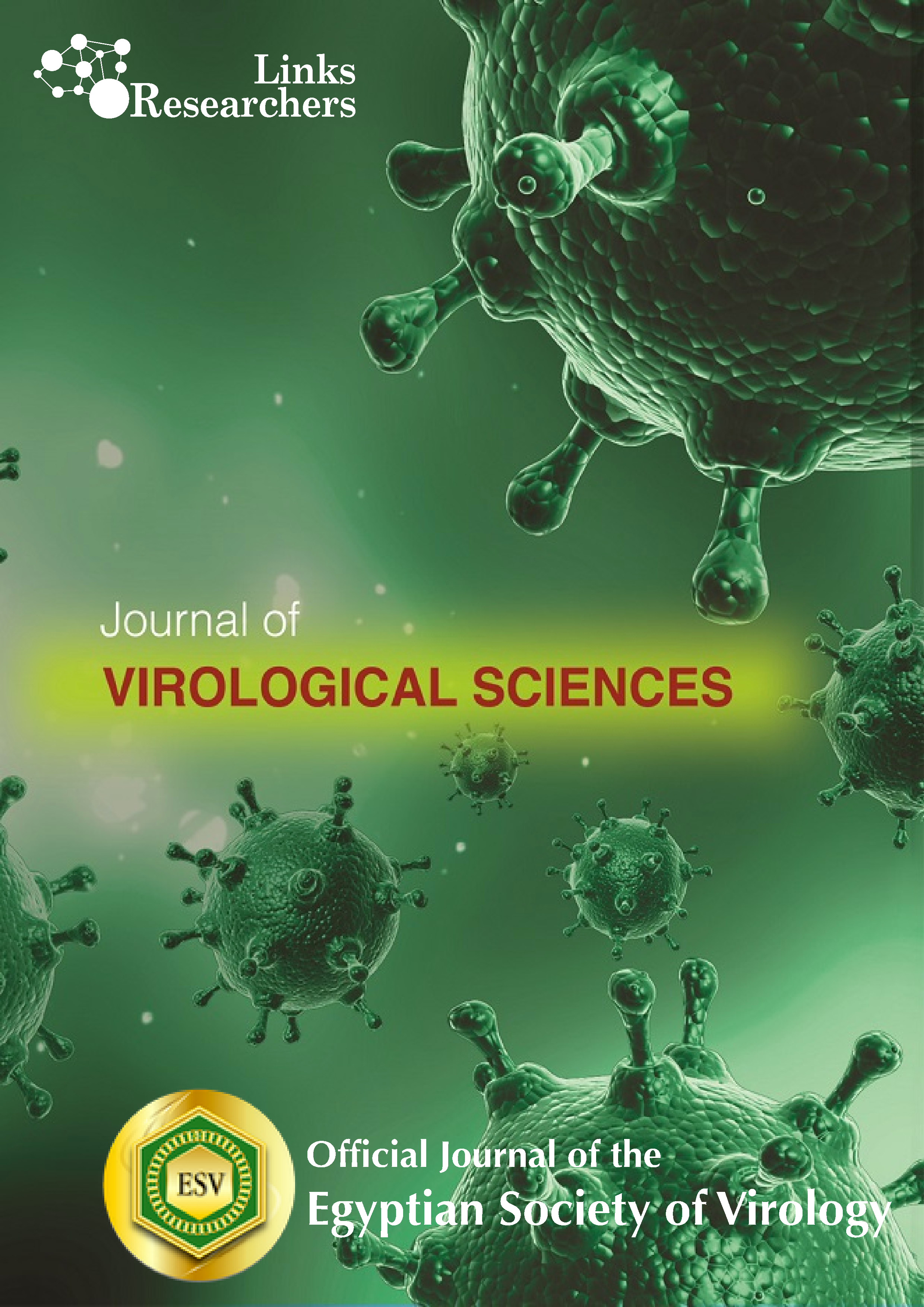Molecular evaluation of Peste des petits ruminants (PPR) vaccine
Molecular evaluation of Peste des petits ruminants (PPR) vaccine
Manar F. Seioudy1, Magda M. Sayed1, Ahmed A. El-Sanousi2 and M. A. Shalaby2
ABSTRACT
Peste des petits ruminants (PPR) is a highly contagious, economically important viral disease of sheep and goats with high morbidity and mortality rates. A live attenuated PPR vaccine has been produced in Veterinary Serum and Vaccines Research Institute (VSVRI), Abbasia. It has and still been utilized to control PPR disease in endemic areas of the Arabian Gulf. In this study, the identity of four batches of PPR vaccines was tested as per the Office International des Epizooties (OIE) guidelines and Couacy-Hymann et al., 2002 using RT-PCR technique that based on the amplification of fragments of N-protein. All batches are also subjected to sterility tests for detection of bovine viral diarrhea virus as possible extraneous virus contaminant using RT-PCR and detection of mycoplasma as possible bacterial contaminant using PCR technique. All of the four batches were positive when tested using specific primers and they were free from BVDV or mycoplasma contamination. Results in this study showed that molecular techniques could be used for rapid evaluation of PPR vaccine including RT-PCR for identity testing and for detection of BVDV as adventitious contaminant and PCR assay for detection of bacterial contaminants as mycoplasma.
To share on other social networks, click on any share button. What are these?





